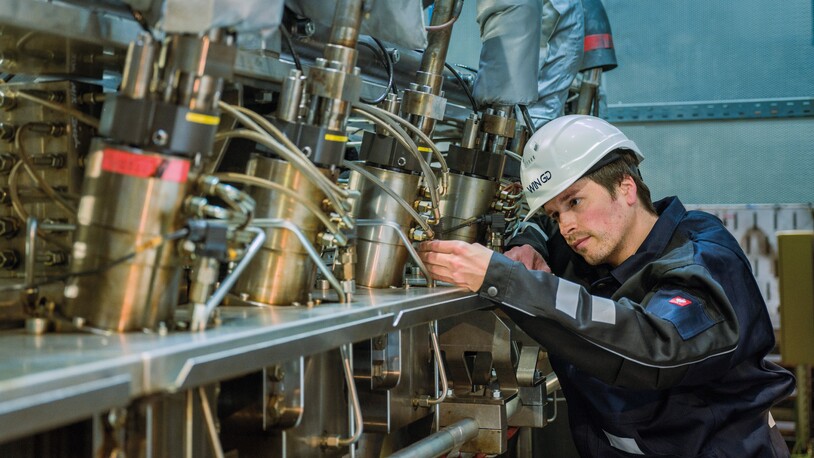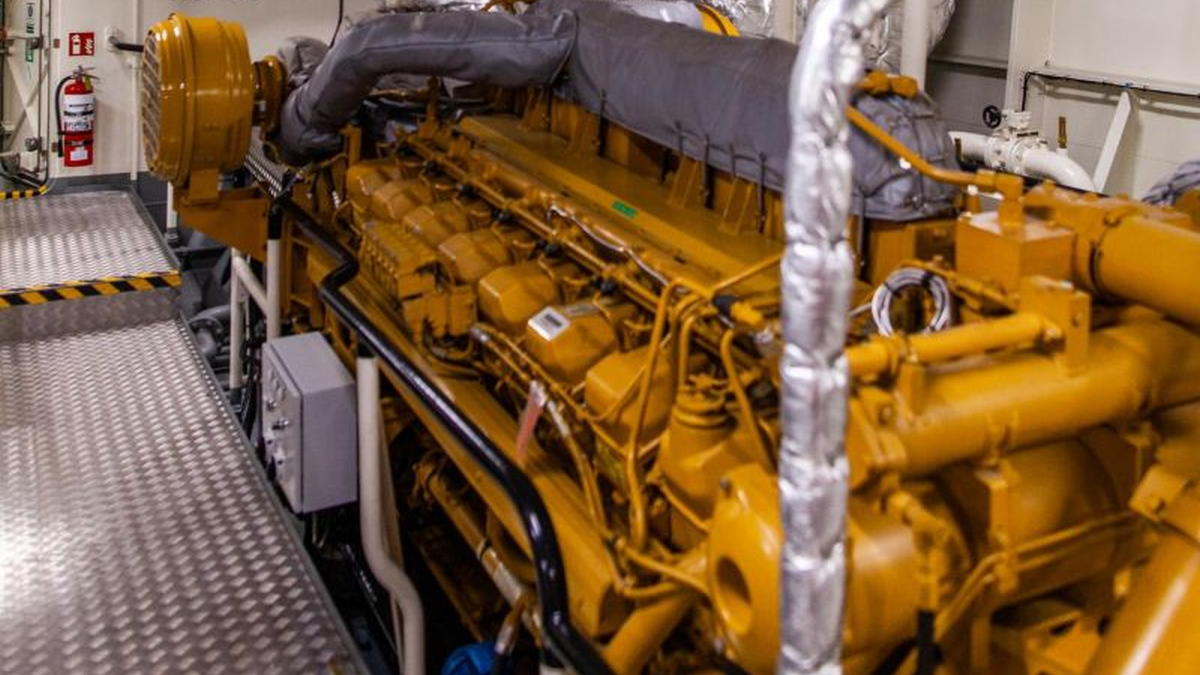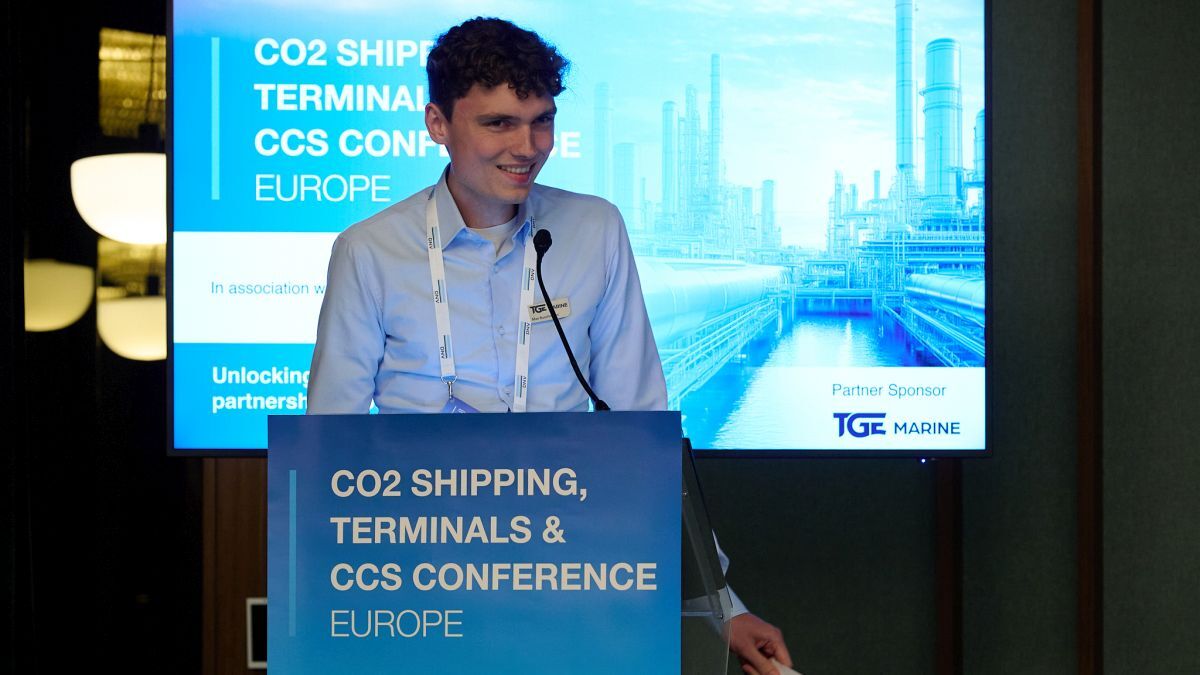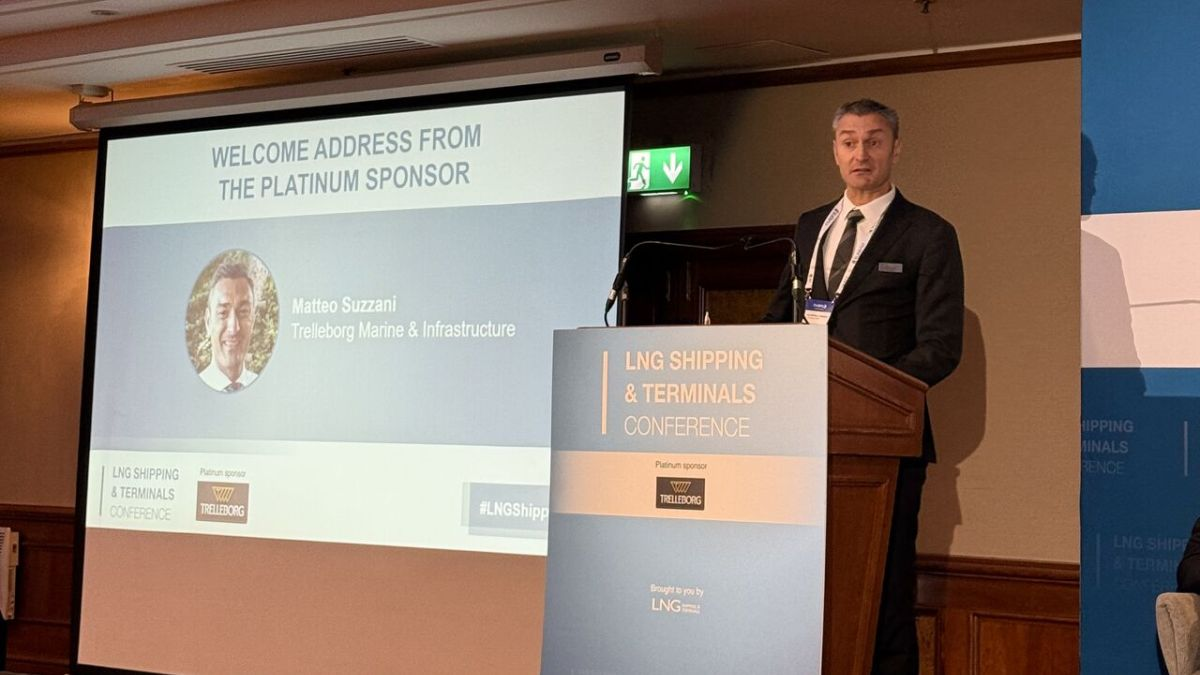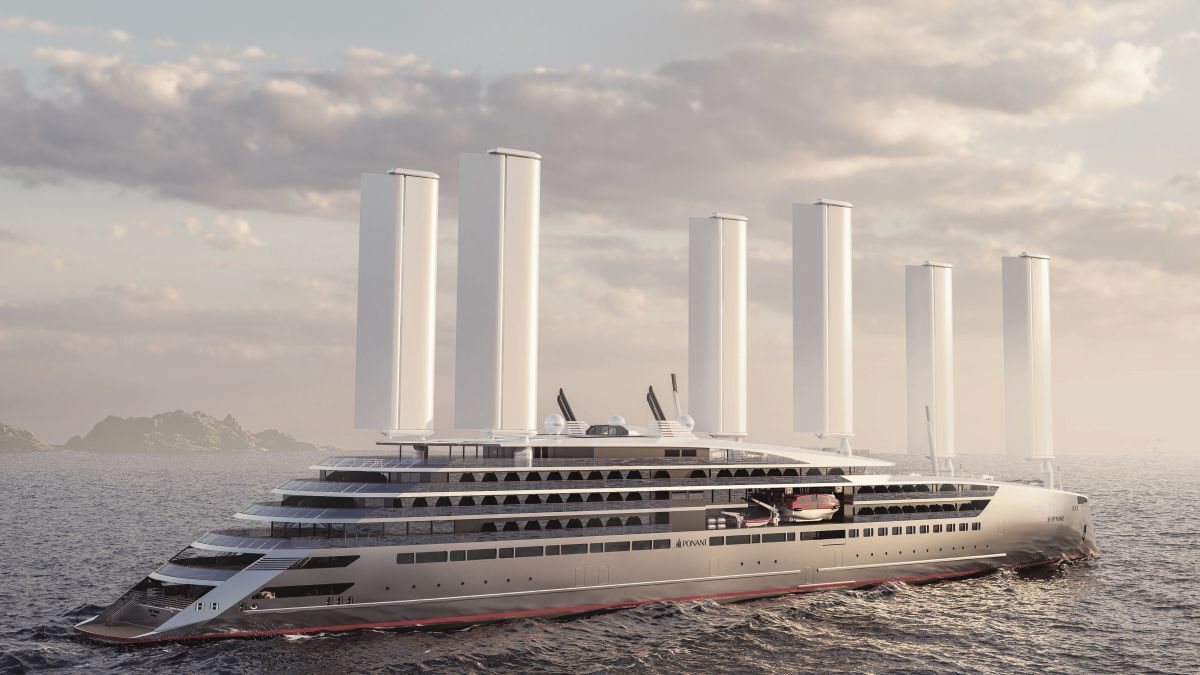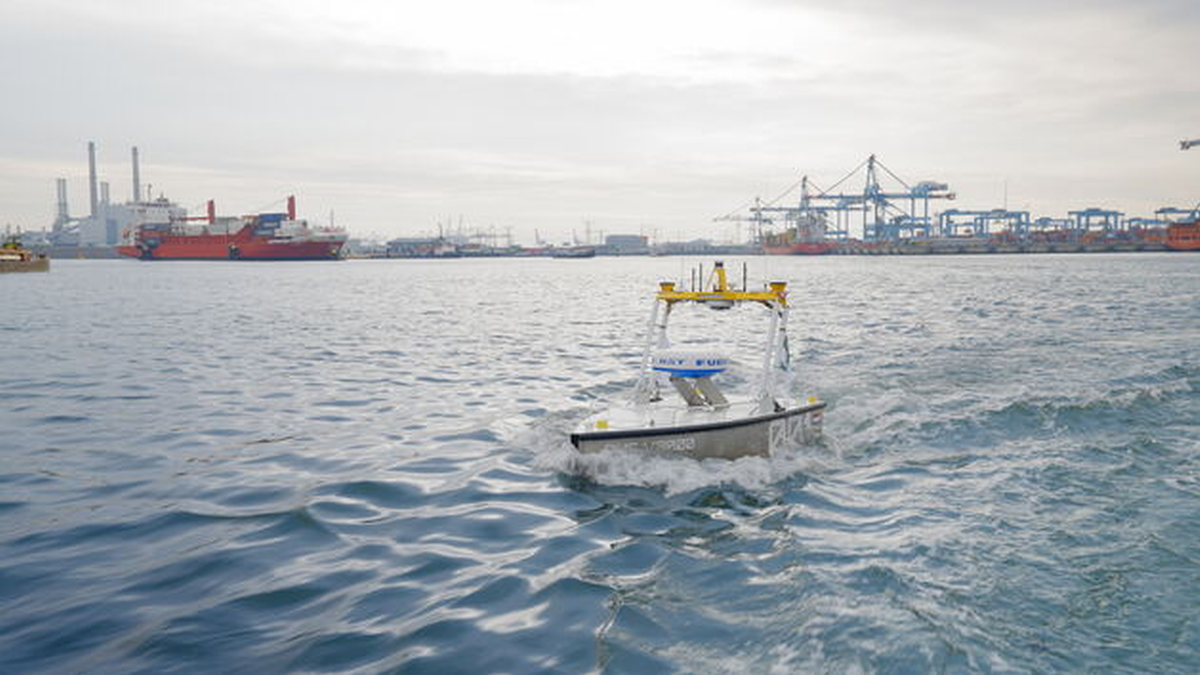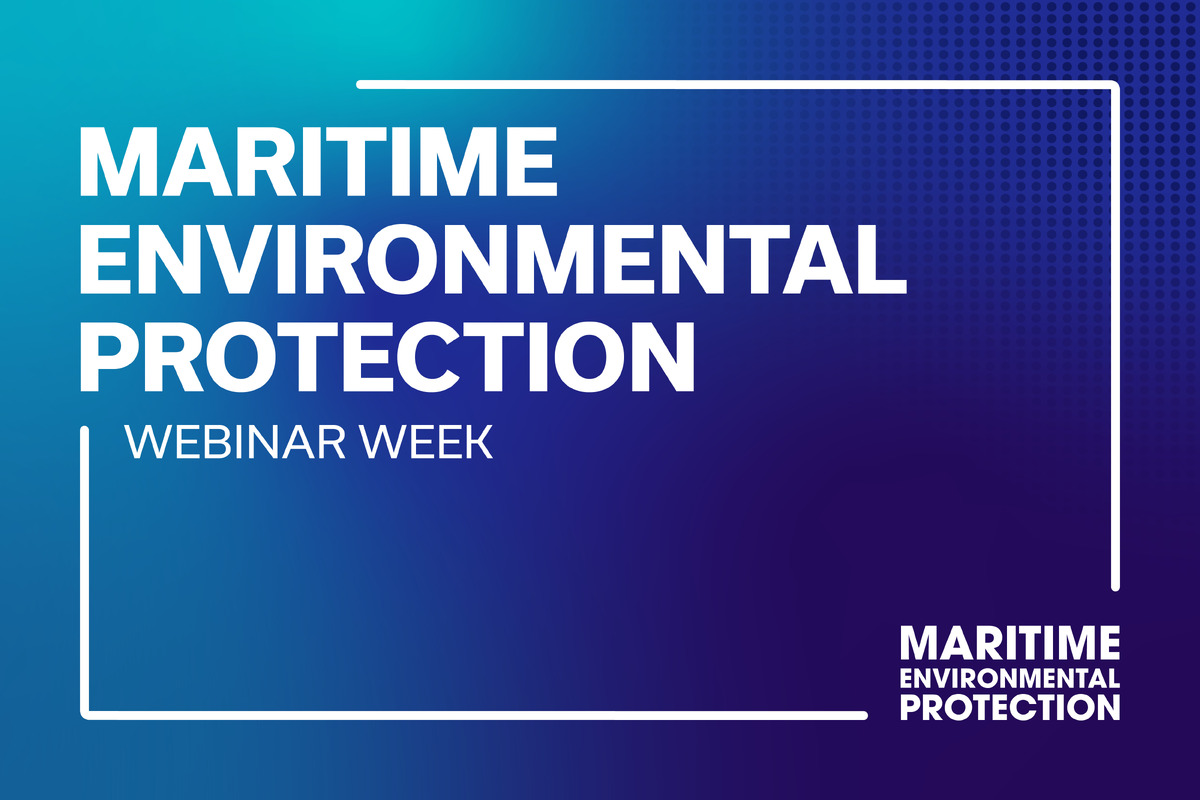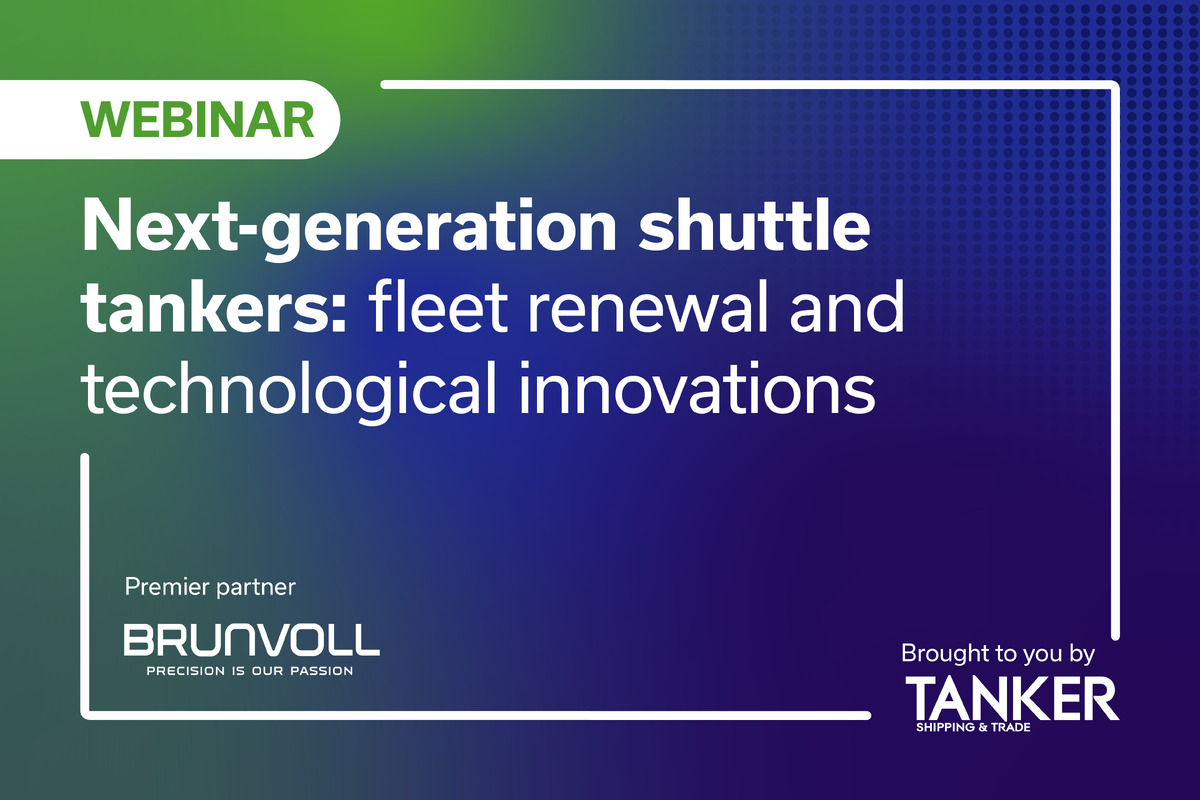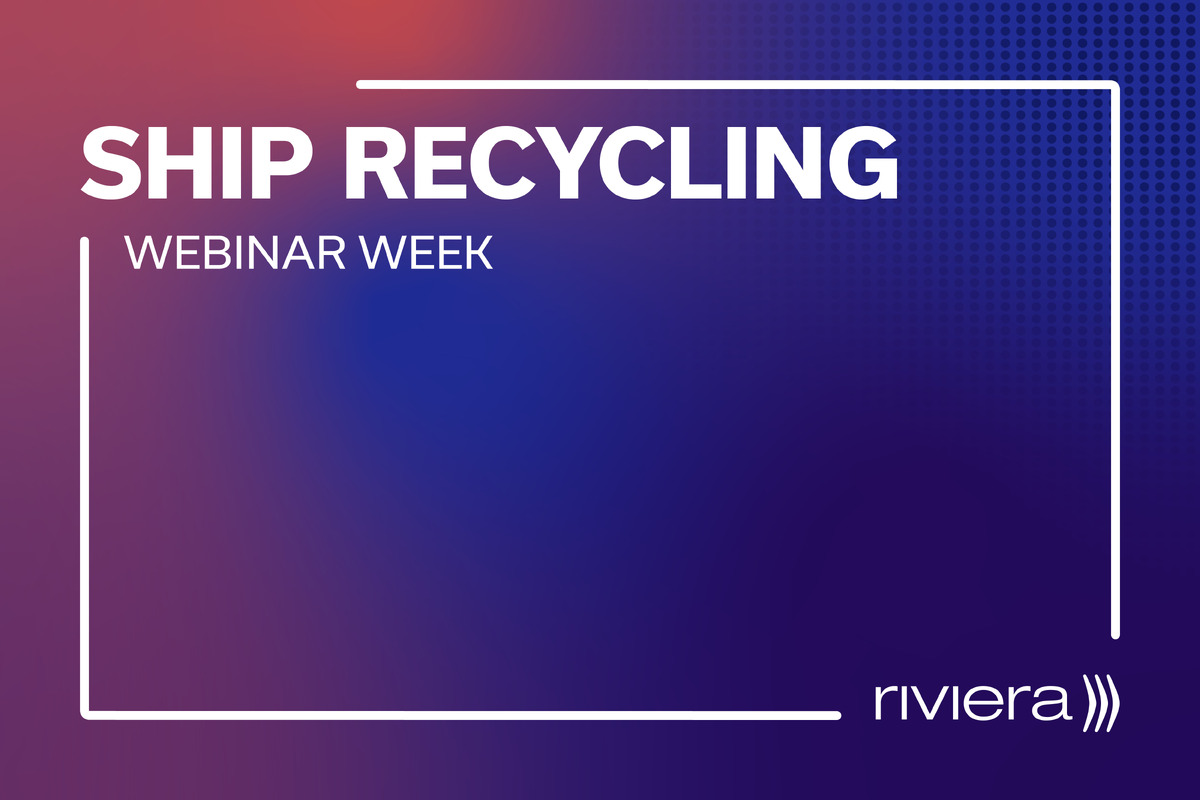Business Sectors
Events
Marine Coatings Webinar Week
Contents
Register to read more articles.
Svitzer, Caterpillar collaborate on biofuel pilots
Svitzer and Caterpillar are testing biodiesel in tugboat engines in a second pilot project in Europe
Following success in rolling out hydrogenated vegetable oil (HVO) across the UK fleet of tugs, Svitzer has trialled using fatty acid methyl ester (FAME) biodiesel on tugs with Caterpillar engines in the Netherlands.
These two tugs have a pair of Cat 3516C main engines and two C4.4 auxiliary engines all operating on 100% FAME to offer EcoTow net-zero carbon towage to shipping companies.
With Caterpillar’s help, Svitzer is comparing the qualities and performance of FAME with those of HVO, where it has gained two years of operational experience.
“The Caterpillar team was very responsive when we reached out about this HVO pilot,” said Svitzer head of EcoTow Sven Lumber. “Its support enabled it all to happen on the Caterpillar-powered tugs extremely quickly.”
Since the pilot using HVO fuel in the Port of London in 2021, Svitzer has since expanded the use of HVO in its tugs throughout the UK, involving more than 50 vessels.
“We have only seen very positive signs from HVO so far,” said Mr Lumber.
Tug and engine performance is monitored via Caterpillar’s connectivity technology to help improve vessel efficiency and optimise fuel use.
Both EcoTow HVO and FAME pilots gave both Caterpillar and Svitzer an opportunity to study the effects of biofuel use on the engines and on Svitzer’s total cost of ownership.
“These engines are running on 100% biofuel, which is quite different from running on a blend,” said Caterpillar global strategy manager for the tug sector Andres Perez. “We worked hand-in-hand with Svitzer to understand the potential challenges that can come with handling a new fuel.”
Fuel cleanliness and quality, load response and overall engine health were all monitored. Caterpillar also provided maintenance recommendations and guidelines on what to look for to identify and address any abnormal component wear.
“We put in place a maintenance plan that allows Svitzer to look at parts wear as well as the condition of filters, gaskets, hoses – the kind of components that could be affected by exposure to a fuel other than diesel,” said Mr Perez. “We wanted to make sure we caught any trends early on related to the overall health of the engine.”
Understanding the impact of different types of biofuel used in tugs over periods of time will enable Svitzer to select which to use on tugs wherever they operate and where fuels are available.
“The availability and price of HVO and FAME vary around the world,” said Mr Perez. “Both could be a solution in different locations.”
Svitzer’s sustainability goals motivate it to use fuel with decreased carbon intensity. While biofuels do not significantly reduce greenhouse gas emissions at the point of combustion, they can reduce the fuel’s lifecycle emissions, which provides an opportunity to support lower carbon intensity in the maritime industry.
Caterpillar is platinum sponsor of Riviera Maritime Media’s TUGTECHNOLOGY which returns 21-23 May 2023 in Rotterdam, the Netherlands. Use this link for further information and to register your interest
Related to this Story
Events
Marine Coatings Webinar Week
Maritime Environmental Protection Webinar Week
Ship Recycling Webinar Week
© 2024 Riviera Maritime Media Ltd.

